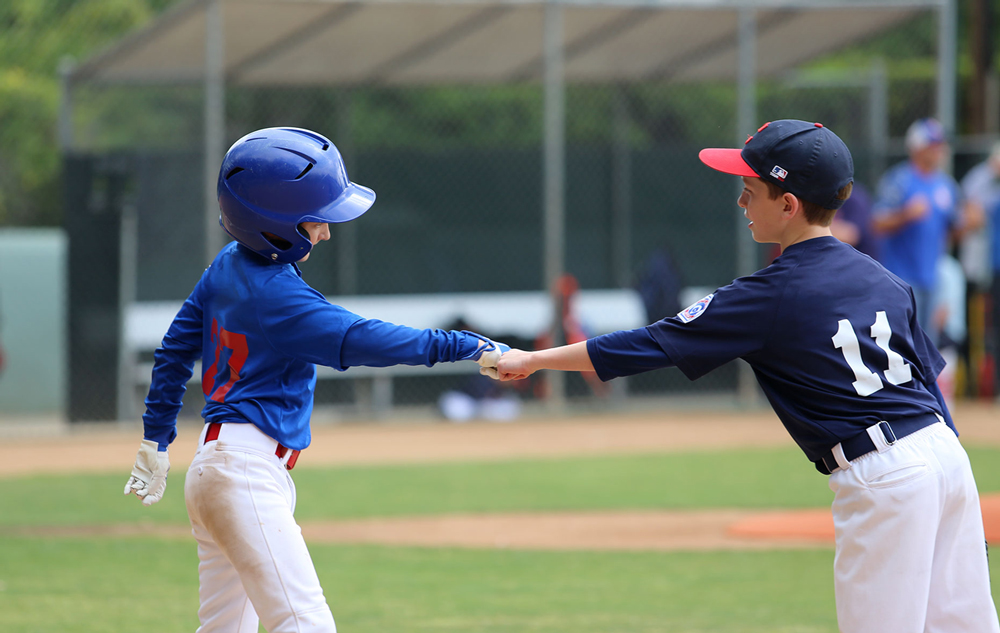Youth participation in sports, such as baseball, extends far beyond the field. Baseball, in particular, offers valuable life lessons and teaches essential skills that go well beyond hitting a home run or making a great catch. In this article, we will explore how playing baseball can positively impact the development of young athletes, instilling crucial life skills that will serve them well in various aspects of their lives.
Teamwork and Collaboration
Baseball is the quintessential team sport, emphasizing the importance of teamwork and collaboration. Young athletes learn to work together with their teammates to achieve common goals, whether it’s turning a double play or executing a well-timed hit-and-run.
These lessons in teamwork extend beyond the diamond, helping young players develop the skills needed to collaborate effectively in school, work, and everyday life.
Communication and Leadership
Baseball fosters communication skills, as players must communicate with one another on the field to coordinate plays, call for catches, or signal pitch types.
Many young athletes also have opportunities to take on leadership roles within their teams, such as being team captains or mentors to newer players. These experiences help them develop confidence and leadership abilities that are invaluable in future endeavors.
Resilience and Perseverance
Baseball, like life, is filled with successes and setbacks. Young players learn that failure is a part of the game; even the best hitters fail to get a hit more often than not.
This teaches resilience and perseverance, as athletes must bounce back from strikeouts or errors and continue to strive for improvement. These qualities translate into the ability to overcome challenges and setbacks in various aspects of life.
Time Management and Discipline
Committing to baseball requires discipline and time management. Young athletes juggle practices, games, and schoolwork, which teaches them how to prioritize their responsibilities.
Learning to balance their time effectively in their youth sets a foundation for managing their time in adulthood, whether it’s in their career, education, or personal life.
Sportsmanship and Fair Play

Baseball places a strong emphasis on sportsmanship and fair play. Players are expected to respect the rules, opponents, coaches, and officials.
These values extend beyond the game, teaching young athletes the importance of respect and integrity in their interactions with others.
Goal Setting and Achievement
Baseball provides a structured environment for setting and achieving goals. Whether it’s improving batting average, fielding skills, or pitching accuracy, young athletes learn to set objectives and work diligently to attain them.
This skill of goal setting is transferable to academic and career aspirations, helping young players become effective goal setters and achievers in all areas of life.
Physical Fitness and Health
Engaging in regular physical activity through baseball promotes a healthy lifestyle. Young athletes develop physical fitness, agility, and endurance, which contribute to their overall well-being.
These habits encourage a lifelong commitment to health and wellness, reducing the risk of health issues associated with a sedentary lifestyle.
Conclusion
The impact of baseball on youth development goes well beyond the skills of the game. It molds young athletes into individuals who possess valuable life skills such as teamwork, communication, resilience, discipline, and sportsmanship. These skills not only benefit them on the baseball field but also equip them for success in education, careers, and relationships. Baseball serves as a powerful vehicle for instilling these essential life skills, helping young athletes grow into well-rounded individuals prepared to face the challenges of life with confidence and determination.
Baseball’s Impact
